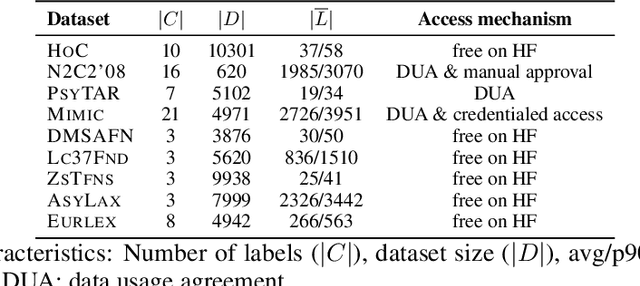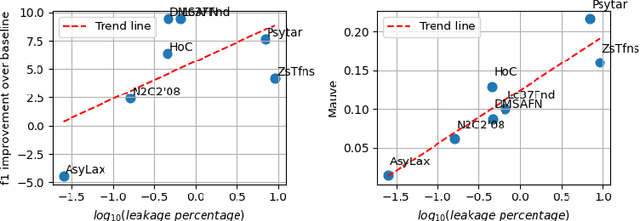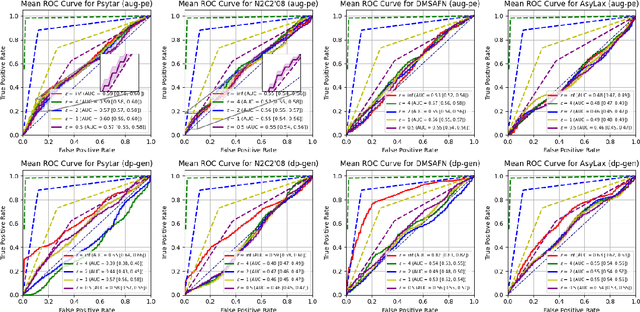Iqra Zahid
SynBench: A Benchmark for Differentially Private Text Generation
Sep 18, 2025



Abstract:Data-driven decision support in high-stakes domains like healthcare and finance faces significant barriers to data sharing due to regulatory, institutional, and privacy concerns. While recent generative AI models, such as large language models, have shown impressive performance in open-domain tasks, their adoption in sensitive environments remains limited by unpredictable behaviors and insufficient privacy-preserving datasets for benchmarking. Existing anonymization methods are often inadequate, especially for unstructured text, as redaction and masking can still allow re-identification. Differential Privacy (DP) offers a principled alternative, enabling the generation of synthetic data with formal privacy assurances. In this work, we address these challenges through three key contributions. First, we introduce a comprehensive evaluation framework with standardized utility and fidelity metrics, encompassing nine curated datasets that capture domain-specific complexities such as technical jargon, long-context dependencies, and specialized document structures. Second, we conduct a large-scale empirical study benchmarking state-of-the-art DP text generation methods and LLMs of varying sizes and different fine-tuning strategies, revealing that high-quality domain-specific synthetic data generation under DP constraints remains an unsolved challenge, with performance degrading as domain complexity increases. Third, we develop a membership inference attack (MIA) methodology tailored for synthetic text, providing first empirical evidence that the use of public datasets - potentially present in pre-training corpora - can invalidate claimed privacy guarantees. Our findings underscore the urgent need for rigorous privacy auditing and highlight persistent gaps between open-domain and specialist evaluations, informing responsible deployment of generative AI in privacy-sensitive, high-stakes settings.
Which Side Are You On? A Multi-task Dataset for End-to-End Argument Summarisation and Evaluation
Jun 06, 2024



Abstract:With the recent advances of large language models (LLMs), it is no longer infeasible to build an automated debate system that helps people to synthesise persuasive arguments. Previous work attempted this task by integrating multiple components. In our work, we introduce an argument mining dataset that captures the end-to-end process of preparing an argumentative essay for a debate, which covers the tasks of claim and evidence identification (Task 1 ED), evidence convincingness ranking (Task 2 ECR), argumentative essay summarisation and human preference ranking (Task 3 ASR) and metric learning for automated evaluation of resulting essays, based on human feedback along argument quality dimensions (Task 4 SQE). Our dataset contains 14k examples of claims that are fully annotated with the various properties supporting the aforementioned tasks. We evaluate multiple generative baselines for each of these tasks, including representative LLMs. We find, that while they show promising results on individual tasks in our benchmark, their end-to-end performance on all four tasks in succession deteriorates significantly, both in automated measures as well as in human-centred evaluation. This challenge presented by our proposed dataset motivates future research on end-to-end argument mining and summarisation. The repository of this project is available at https://github.com/HarrywillDr/ArgSum-Datatset
 Add to Chrome
Add to Chrome Add to Firefox
Add to Firefox Add to Edge
Add to Edge